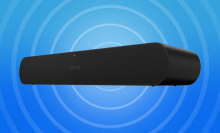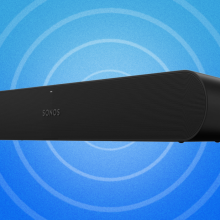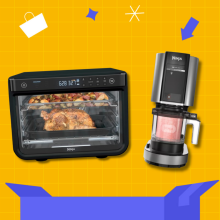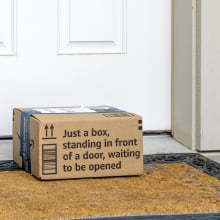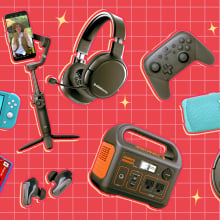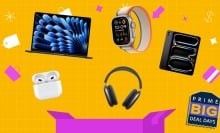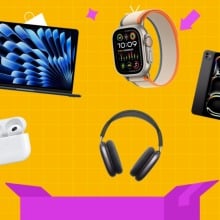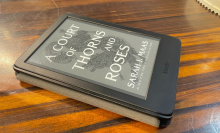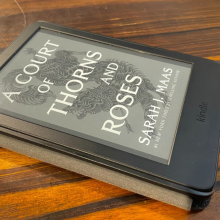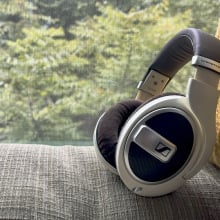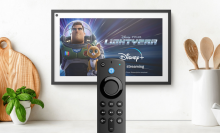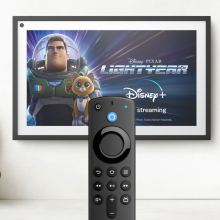The phrase “period tech” might seem a little dystopian, but in the last 10 years, there have been new products and developments that have helped millions of people manage their menstrual and reproductive health.
The most common type of menstrual health tech (sometimes called fem-tech) includes period tracking apps like Flo or Eve, but there are also physical devices that can alleviate period symptoms and make it easier to keep track of your menstrual health.
It’s easy to feel overwhelmed when searching for what period tech would work best for you — a cursory search for period tracking apps will yield dozens of hard-to-differentiate results. We’ve compiled a list of the best period tech available right now from basic tracking apps to a machine that uses electro-stimulation to alleviate cramps.
Do period tracking apps work?
It depends on what you’re using a period tracking app for and what kind of data you’re tracking with your cycle. Period and fertility tracking apps typically use algorithms or artificial intelligence to predict the date of your next period or when you’re most likely to ovulate. As you add more data, such as the dates and length of your period, the algorithm can better predict future cycles. However, a 2018 study found that apps that don’t take physical indicators are only about 20 percent accurate when predicting ovulation days, so they’re much less effective if you’re either trying to conceive or using an app for contraception.
What about data privacy in the fem tech space?
Like almost every other type of smartphone app, period trackers can track data ranging from your age and email address to intimate details like when you last had sex and specific menstrual symptoms. While most apps simply store your data for improving their algorithm’s predictions or in case you get a new phone, they sometimes sell your data to third party advertisers like Google or Facebook. Since Flo was first called out for sharing their users data in late 2020, many apps have either updated their privacy policy to not share data with third parties, or have make it easier to understand how your data is used and shared when you sign up.
What non-app options are there?
There are also a few physical products that can also help menstruators manage their period. Period tech is a newer, but rapidly growing field, with some products acting as a physical counterpart to an app-based system, and others designed to replace traditional period management products like pads or hot water bottles. The most ambitious products we found in our research (like smart cups or tampons) aren’t yet widely available, but devices like Ovira promise to at least alleviate pain symptoms associated with menstruation during your period.
Whether you simply want to be in better touch with your body or have specific goals like pain management or family planning, here are all the best tech options that can help make the most of your period.
